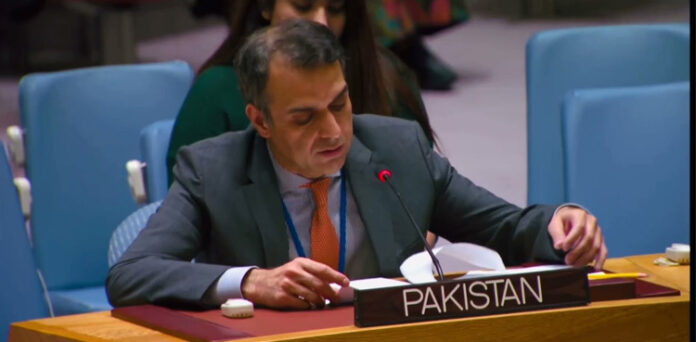Latest News
Pakistan claims to support a UN body working to guarantee food security.

Latest News
To stop begging in Saudi Arabia, Pakistan would implement a stringent Umrah regulation.
Latest News
These cities’ schools will reopen tomorrow as the smog subsides.
Latest News
SHC considers objections to the plaza’s building next to Mazar-e-Quaid
-

 Latest News20 hours ago
Latest News20 hours agoTo stop begging in Saudi Arabia, Pakistan would implement a stringent Umrah regulation.
-

 Latest News20 hours ago
Latest News20 hours agoPakistan Sends Aid to Syria, Gaza, and Lebanon to Aid War Victims
-

 Latest News20 hours ago
Latest News20 hours agoThe Ministry of Religious Affairs and PIA have signed an agreement to lower pilgrims’ Hajj airfare.
-

 Latest News20 hours ago
Latest News20 hours agoIn October 2024, Pakistan’s current account had a $349 million surplus.
-

 Latest News20 hours ago
Latest News20 hours agoPunjab Reports 61 New Cases of Dengue Fever
-

 Business20 hours ago
Business20 hours agoADB Introduces ‘Glaciers To Farms’ Initiative to Address Food Security
-

 Latest News20 hours ago
Latest News20 hours agoPakistan requires an astonishing $390 billion for green future—Discover the reasons!
-

 Latest News20 hours ago
Latest News20 hours agoThese cities’ schools will reopen tomorrow as the smog subsides.












